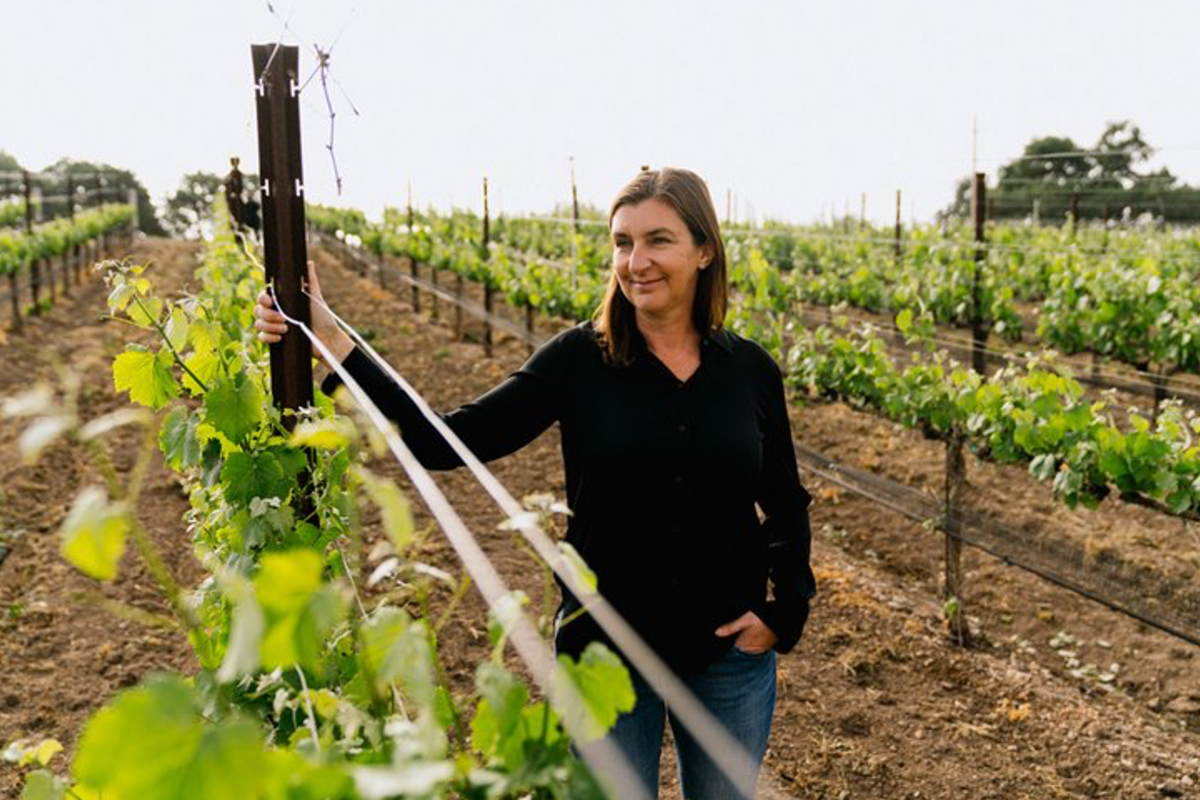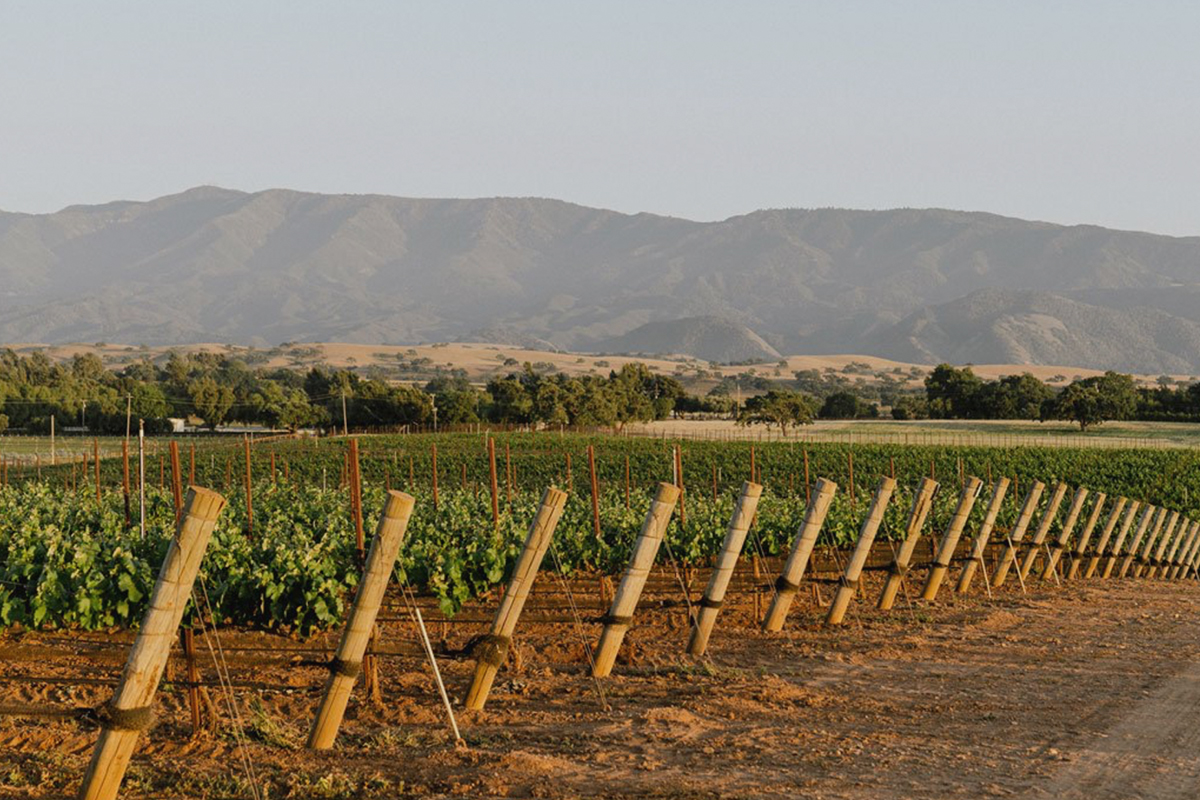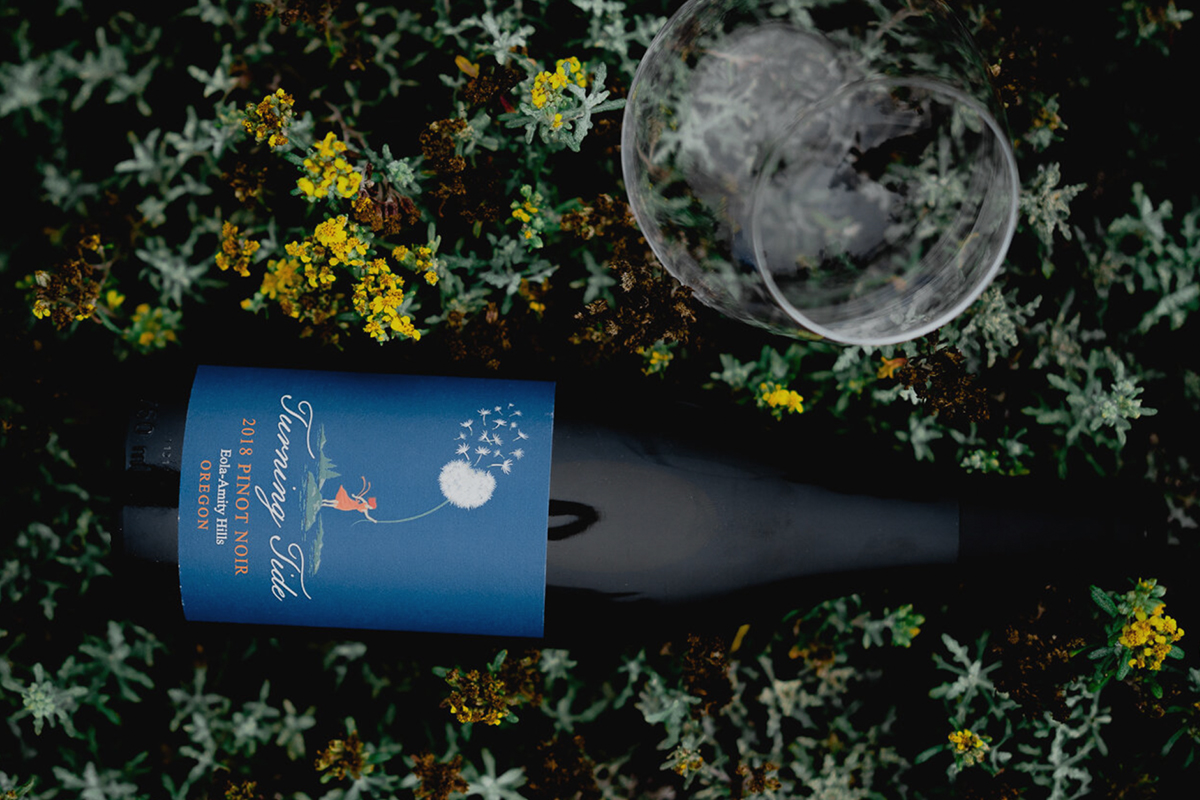

Alisa Jacobson’s unwavering commitment to organic farming and sustainable practices defines Turning Tide, nestled in the scenic Santa Ynez Valley near Los Olivos, California. As an environmental activist, Jacobson prioritizes eco-friendly viticulture above all else. Founded in 2018 with a focus on sustainability, Turning Tide harnesses the unique terroir of its 17-acre vineyard, acquired in 2020. Situated on gentle slopes […]
Keep ReadingAlisa Jacobson’s unwavering commitment to organic farming and sustainable practices defines Turning Tide, nestled in the scenic Santa Ynez Valley near Los Olivos, California. As an environmental activist, Jacobson prioritizes eco-friendly viticulture above all else. Founded in 2018 with a focus on sustainability, Turning Tide harnesses the unique terroir of its 17-acre vineyard, acquired in 2020. Situated on gentle slopes beneath the Santa Ynez Mountains, the vineyard’s red loamy soils, enriched with gravel and serpentine cobblestones, provide an ideal foundation for Grenache, Mourvèdre, and Verdelho grapes.
Jacobson’s approach to winemaking integrates organic farming practices aimed at enhancing soil health and preserving local ecosystems. The vineyard benefits from the region’s coastal fog, which moderates morning temperatures and extends the ripening period, allowing grapes to develop depth and complexity naturally. Water, drawn from a pristine underground source, sustains the vines without compromising environmental integrity.
Turning Tide’s commitment to sustainability extends beyond the vineyard. Jacobson, a passionate advocate for environmental stewardship, ensures that all operations adhere to stringent eco-friendly principles. From organic farming techniques to the use of lightweight, recyclable glass bottles and recycled paper labels printed with compostable ink, every aspect of production reflects a dedication to reducing environmental impact.
In the cellar, Jacobson’s winemaking philosophy focuses on minimal intervention to let the true essence of each grape variety shine. Grapes are harvested at optimal ripeness to achieve balanced flavors, with fermentation and aging techniques carefully tailored to preserve fruit purity. Oak aging is employed judiciously to complement, rather than dominate, the wine’s natural characteristics, resulting in wines that are vibrant, expressive, and true to their origins.
Close



